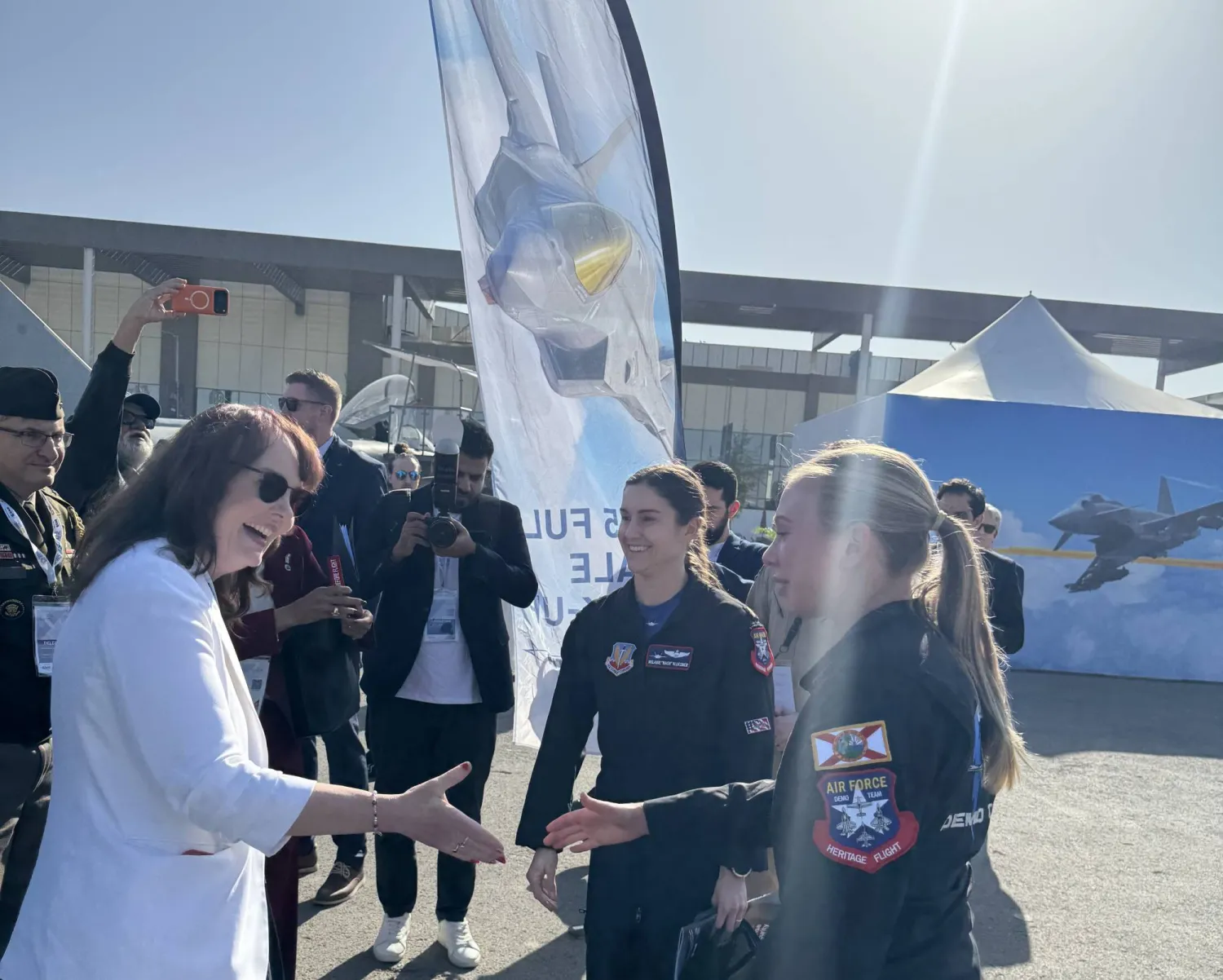German Chancellor Olaf Scholz will begin a two-day tour of Gulf states, including Saudi Arabia, UAE, and Qatar, on Saturday.
A German official said that the three Gulf countries are "important regional partners," and Berlin enjoys economic relations with the Gulf countries beyond energy.
Observers saw the chancellor's visit as a "turning point" amid Germany's aim to restore and correct relations with the Gulf states, which was also reflected in local parliamentary demands.
The German chancellor's office has been preparing for the vital visit for days, and he will be accompanied by a sizeable industry delegation seeking to invest in the three countries. The office also invited interested companies to escort Schultz on his trip.
Since Russia cut off gas, Germany has searched for alternative energy markets.
The official said that Germany wants to extend its cooperation with the three Gulf countries in renewable energy, such as green hydrogen, which Germany could import in vast quantities from the Gulf states.
He referred to "ambitious contracts" expected to be signed during the visit related to liquefied gas and hydrogen.
Berlin also wants to extend cooperation on new technologies such as green hydrogen produced using renewable energy, which Germany could import in vast quantities from the Gulf states, particularly Saudi Arabia and UAE, said government sources.
Germany and the Gulf countries have common interests in maintaining the stability and security of the region, said the official.
Saudi Arabia, a country that enjoys a regional power, began a journey of reforms and openness, and Germany and Western countries want to accompany and encourage them on this journey.
He noted that meetings in Riyadh would address the Yemeni crisis and the Iranian nuclear talks, the peace process in the Middle East, the war in Ukraine, and its impact on the Middle East region.
Recently, German parties called on the government to take "the Gulf countries' fears of Iran more seriously."
During a Gulf-German conference held in Berlin a few days ago, a German lawmaker of the Green Party admitted that her country "did not understand the extent of the Iranian threats" to the Gulf states.
She also addressed Iran's role in Yemen, which "made it difficult to end the war there."
The former head of the German intelligence called on Berlin to support Saudi Arabia, which supports the legitimate government in Yemen.
Germany has periodically hosted secret talks between the Yemeni parties, with the participation of Houthi representatives, sponsored by a non-governmental organization coordinating efforts with the German Foreign Ministry.
The talks yielded nothing, but Germany adhered to its diplomatic efforts to stop the war in Yemen.









